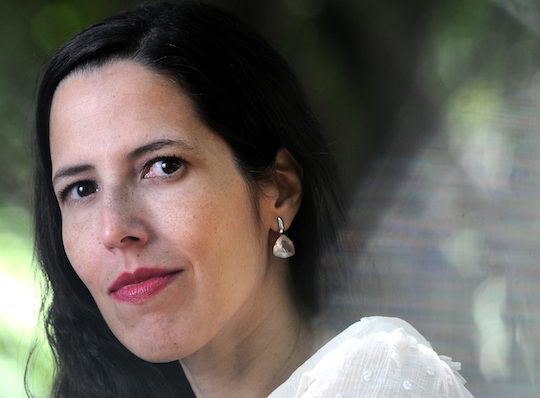The tides of cultural change are reflected in the literary festivals of Spain, Brazil, and South Africa this week as our editors point us to the increased awareness of both past misrepresentation and the lack of representation altogether. As more dismal political news from around the world rolls in, such instances of rectification and progress from the cultural sphere are a source of light and comfort.
Layla Benitez-James, Podcast Editor, reporting from Spain
April might be the cruellest month for some glum, English poets, but in Spain, spring has arrived and ushered in a blossoming book fair season. Alicante has just wrapped up its 2019 Feria del Libre with a refreshing theme of Mujeres de Palabra, celebrated from March 28 to April 7. The long week was packed full of readings, signings, booths, and workshops. This year, many activities were aimed at younger readers.
Among many great Spanish writers was a personal favourite, Murcian writer Miguel-Ángel Hernández, whose 2013 novel Intento de Escapada (Anagrama) was translated into English by Rhett McNeil (Hispabooks, 2016) as Escape Attempt and was also translated into German, French, and Italian. Compared to both Philip Roth and Don DeLillo, Hernández’s El dolor de los demás (Anagrama, 2018), which he was signing at the fair, is now high on the reading list.



